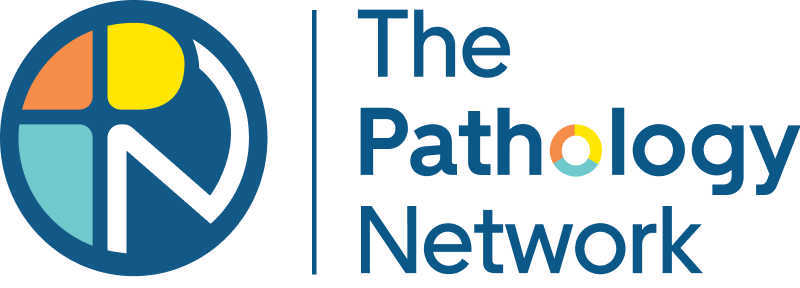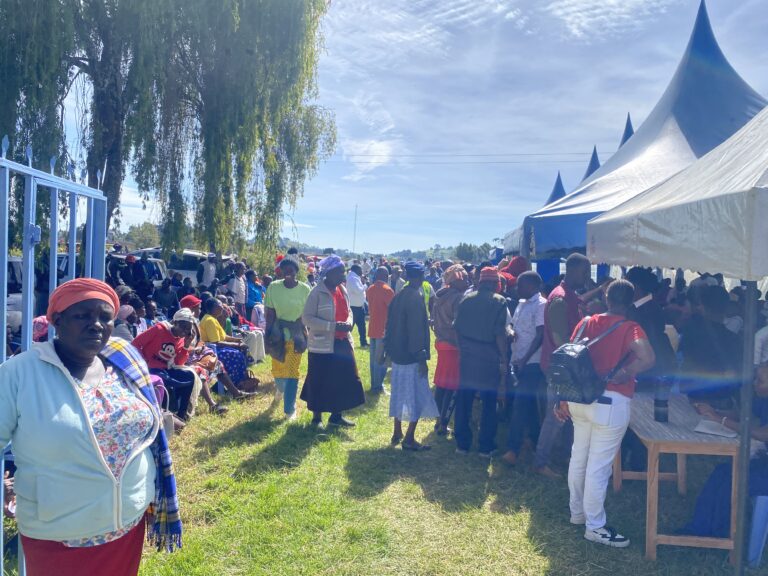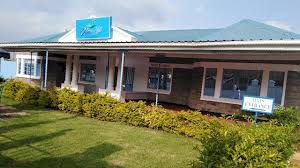
Transforming Cervical Cancer Awareness in Kenya
In Kenya, on average, 10 women die every day from cervical cancer. It is the second most common cancer among women, yet one of the most preventable, treatable, and curable—if women are informed and it is detected early enough to act. But a lack of awareness, myths, and low health literacy mean many only seek care when it’s too late.
In early 2024, The Pathology Network (TPN), through its HPV initiative Ayana, partnered with UK-based health-tech company Liberate Pro Healthcare and their parent company Alpha MD based in Mumbai, India to tackle this challenge head-on. With funding from Innovate UK’s Global Innovation Network, the project brought innovative audiovisual education tools into real-world healthcare settings across Kenya.
From Concept to Deployment: A Real-World Intervention
The live implementation across 10 hospitals and clinics coincided with Cervical Cancer Awareness Month. The goal was to examine if audiovisual, accessible education could bridge the gap between availability of testing and uptake of screening. Content was customised to Kenya’s National Cancer Screening Guidelines and audio could be recorded in any language.
What followed was a compelling demonstration of what happens when patients are truly informed.
400+ women were educated using the LiberatePro platform
200+ doctors, nurses, and frontline health workers were trained
From Confusion to Confidence
Before using Liberate Pro, many women were anxious or misinformed about HPV and cervical cancer. Afterwards, the numbers told a powerful story:
98% said they understood the information better
99% felt confident managing their condition
95% found the content useful, and 85% said it was easy to understand
“It has come to my knowledge that I got to really understand the prevention and the early signs though I had got HPV vaccine at the age of 13 and didn't know the signs and prevention of the cervical cancer and am really happy that I got some of the knowledge at the moment 🙏”
Patient, Emory Hospital
Clinicians responded with equal enthusiasm. They reported faster, more effective consultations, and the ability to explain complex topics like HPV in local languages and visually, without jargon.
"Now I can explain HPV easily in my native language."
Nurse, PCEA Chogoria Hospital
Designed for Kenya, Built for Scale
The success of the project was not just in the outcomes, but in the design process. LiberatePro was co-created with local clinicians, aligned with national health policy, and supported a range of frontline health environments—from urban hospitals to rural clinics.
Real-time feedback was collected via the LiberatePro platform allowing for continuous improvement. Challenges such as intermittent internet access and low email usage were noted—highlighting the need for deeper offline functionality and better integration. with platforms like WhatsApp in future roll-outs.
The Future: A Scalable Model for Health Communication
The success of this pilot has not only validated the approach—it has laid the groundwork for broader adoption. Building on this momentum, the programme is now poised to scale with the following next steps:
-
Expand from 10 to 50 hospitals
-
Reach over 5,000 women and 1,000 healthcare professionals
-
Introduce new modules for breast and prostate cancer
-
Develop real-time dashboards to track educational impact
Looking ahead, TPN also sees potential to support initiatives like this through its broader digital infrastructure. Spes360, TPN’s diagnostic software platform, already facilitates test ordering, workflow tracking, and reporting across African hospitals and laboratories.
Embedding patient education tools like LiberatePro into Spes360 could offer a seamless experience—from awareness and understanding through to testing and results—ensuring that women not only get screened, but fully grasp what they are being tested for, and why it matters.
When education is clear, personalised, and locally relevant, it drives real behaviour change—clinics take action, patients engage, and healthcare evolves from a service into a shared conversation.
As cervical cancer continues to threaten thousands of lives across Africa, this project presents a compelling new model—one where audiovisual storytelling, digital tools, and human connection come together to make healthcare understandable, empowering, and truly preventive.



